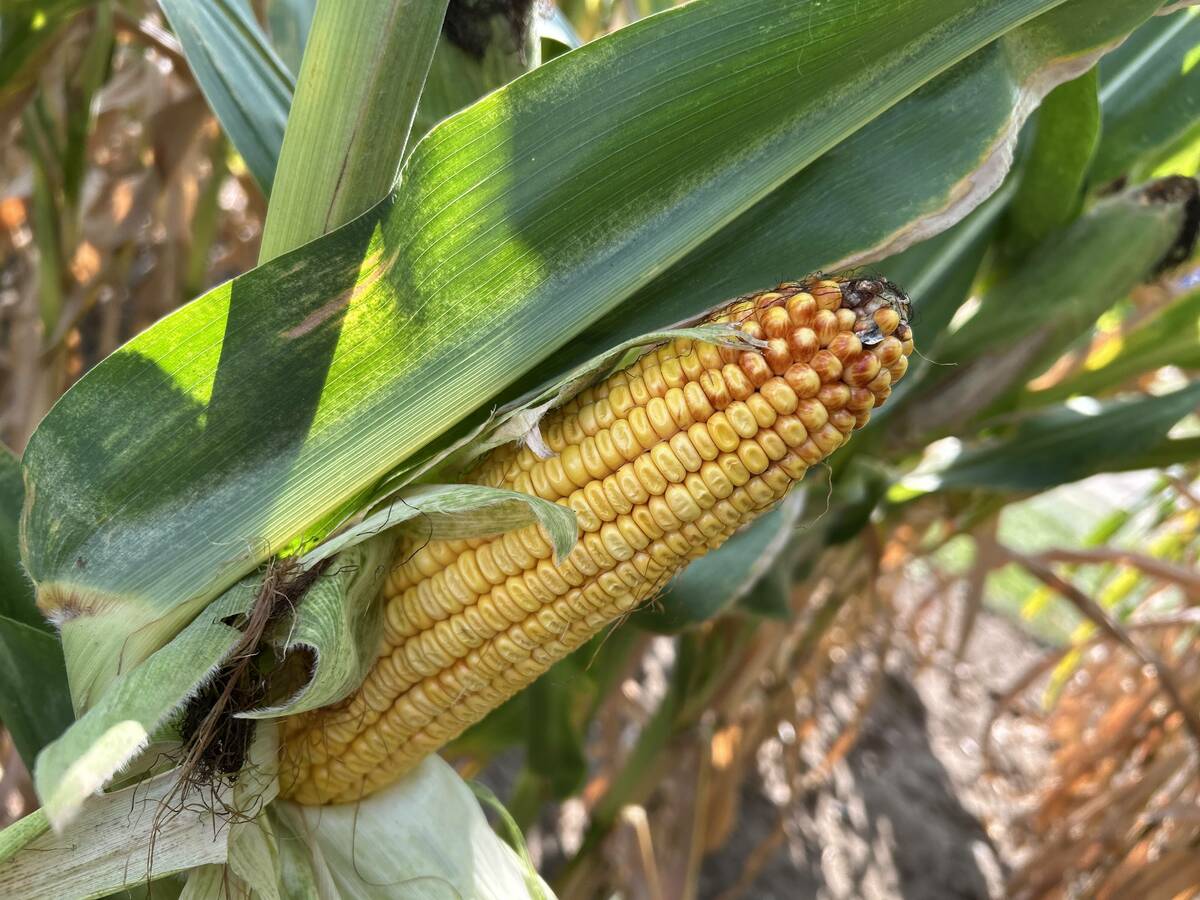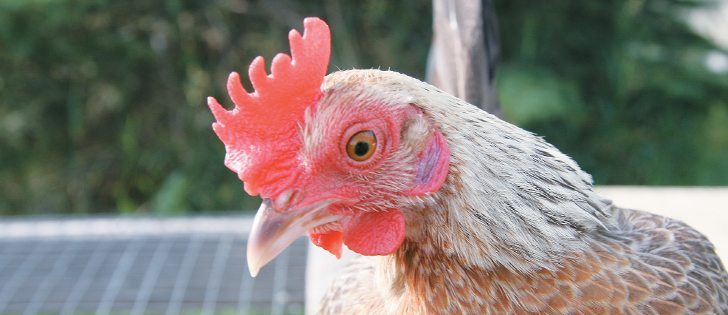In ovo treatment | Beginning in May, the Chicken Farmers of Canada will restrict the use of Category 1 antibiotics for preventive uses
Chicken Farmers of Canada has adopted a new policy that will restrict farmers’ use of some antibiotics.
Beginning May 15, the organization will no longer allow Category 1 antibiotics to be used for preventive purposes. The change is included in the organization’s national on-farm food safety program.
Category 1 antibiotics are those deemed to be the most critical for human health.
Officials said the move will affect mortality rates in some operations, at least at first, while others are already functioning without using antibiotics in these ways.
Read Also

Crop estimates show mixed results
Model-based estimates used by Statistics Canada showed the 2025/26 crop year has seen increases in canola, corn for grain, oats and lentils production while seeing dips in spring wheat, durum wheat, soybeans and barley in comparison to 2024/25.
“Will there be some impact on some of the producers out there? Yes,” said Jenny Fricke, a poultry extension veterinarian at the University of Saskatchewan’s Western College of Veterinary Medicine.
“It’s an intervention that has helped in some cases where we know we have challenges.”
The change arrives as antimicrobial resistance becomes a hot button issue within the livestock sector. Antibiotic use by livestock producers has come under scrutiny as concern grows that resistance to antibiotics could develop in livestock and move to humans, where it would reduce the efficacy of treatments.
Regulatory agencies in Europe and the United States have taken steps to control antibiotic use in livestock production, from outright bans on some drugs to voluntary label changes on others.
“This is one step that was seen as important to be able to demonstrate that responsible use,” said Steve Leech, national program manager for Chicken Farmers of Canada.
Clinton Monchuk of Chicken Farmers of Saskatchewan called it a proactive approach.
“You always have to meet the demand of the consumers,” he said.
“Right now, with some of the concerns around antibiotic resistance, industries have taken different stances,” he said.
“And one of our stances is to reduce the use of antibiotics and specifically look at these Category 1 drugs.”
For poultry producers, the ban on preventive uses will restrict the use of ceftiofur (Excenel) and enrofloxacin (Baytril).
Baytril is rarely if ever recommended, even for therapeutic reasons, because of its value to human medicine, said Fricke, who called it a drug of last resort.
“It’s always a drug that I will attempt to avoid use of at all costs,” she said.
However, Monchuk said restrictions on Excenel use will affect one-quarter of production in Saskatchewan, where it’s used by one of two hatcheries in the province.
There the drug is injected in ovo to guard against bacteria and prevent yolk sac infection.
“With the absence, those 25 percent of farmers will likely see higher first week mortality for the first go,” said Monchuk.
“We have farmers that don’t use it at all right now, so it obviously is possible to grow their birds without the use of it.”
Monchuk said producers will have to watch floor temperature and other barn conditions more closely.
“Where the change takes place is, it requires different management,” he said.
“If you know that those birds don’t have that coming in, it takes a little bit of different management off the top, and farmers can adapt to it.”















